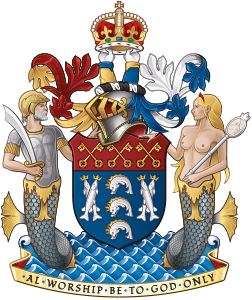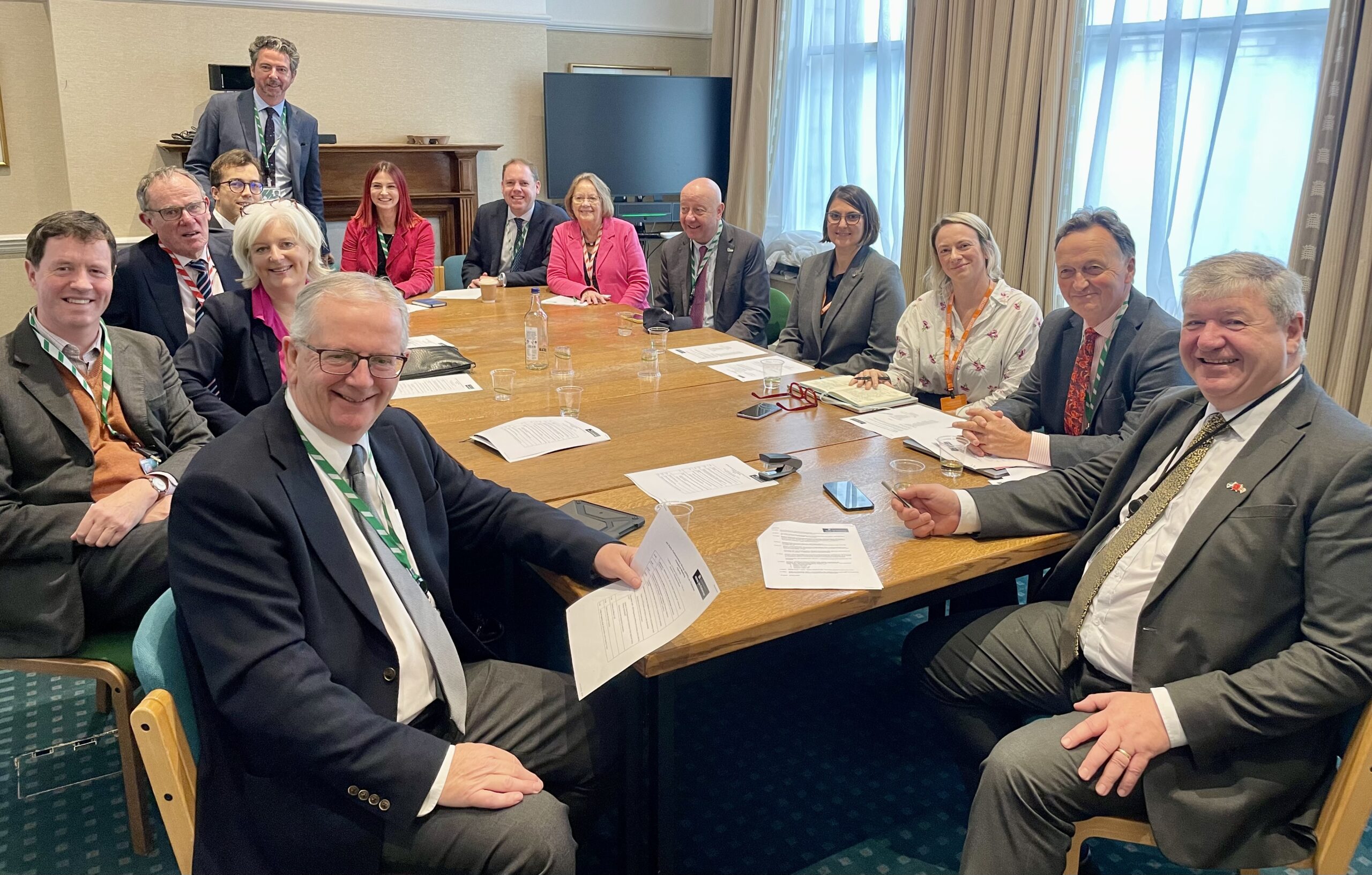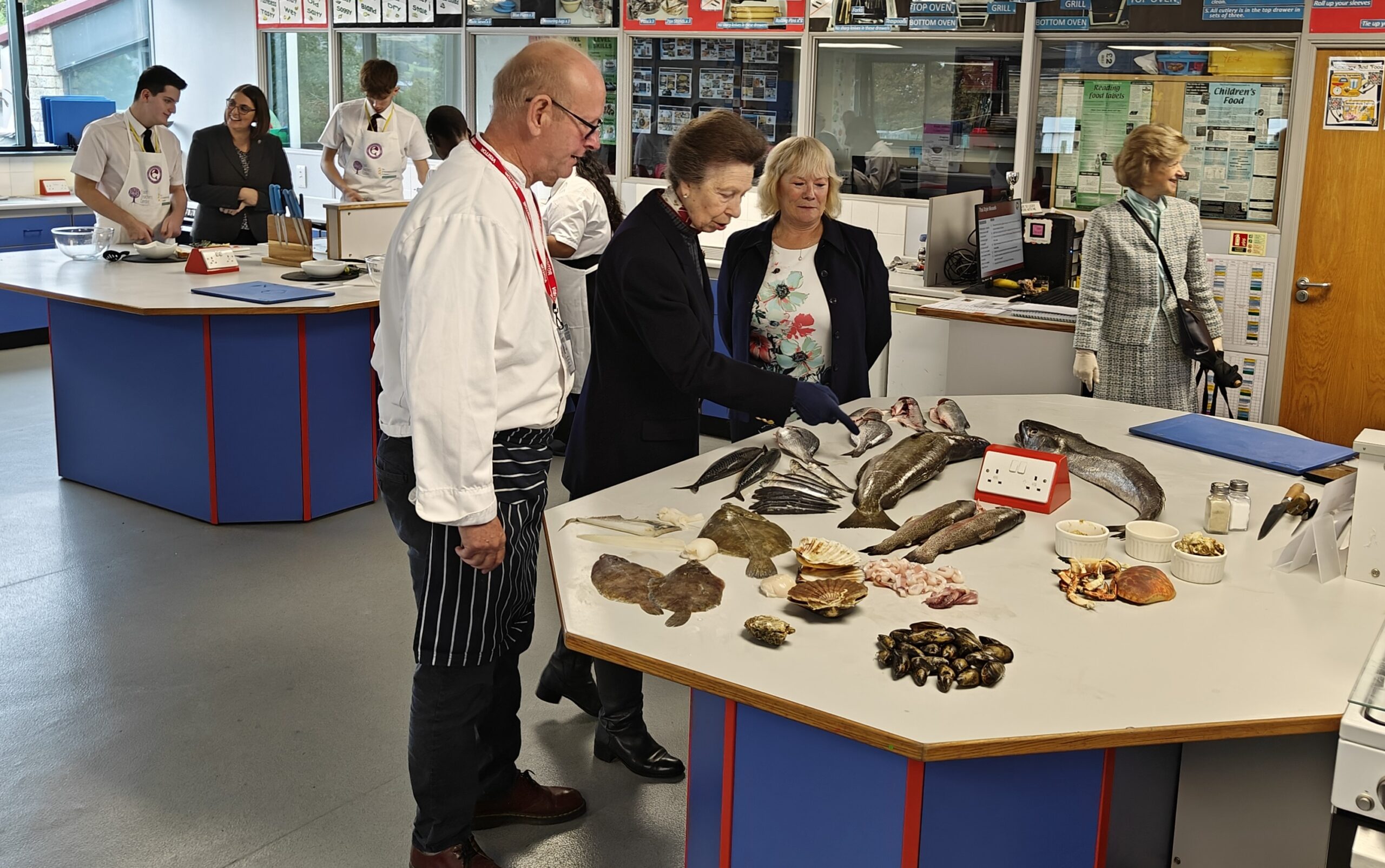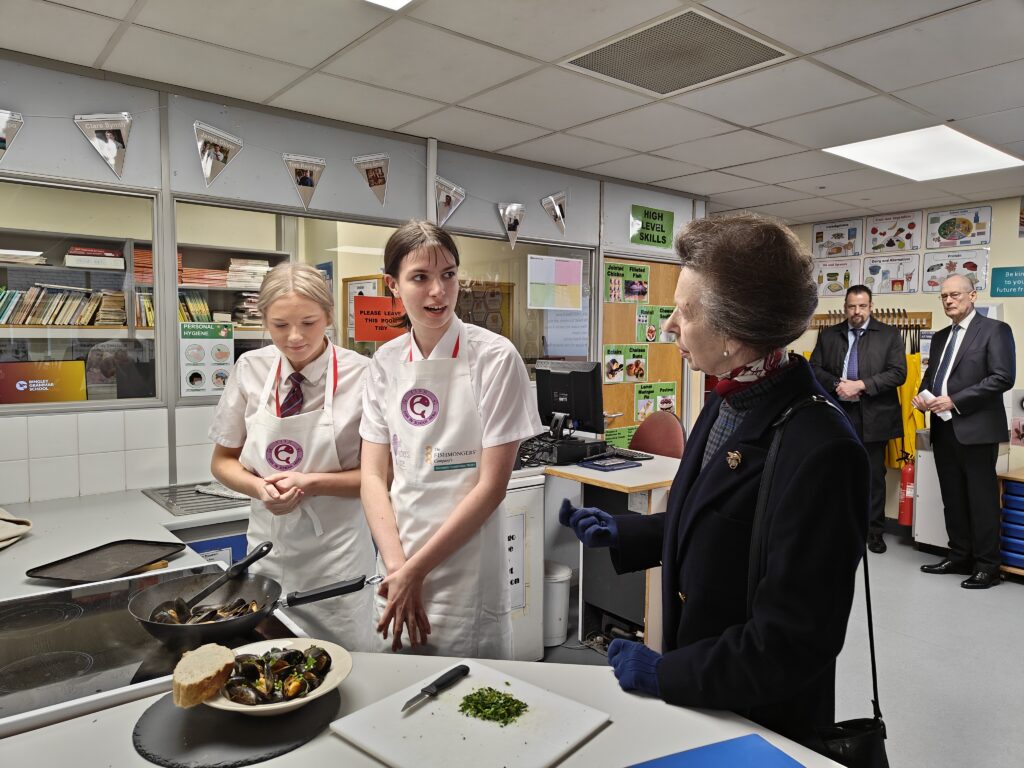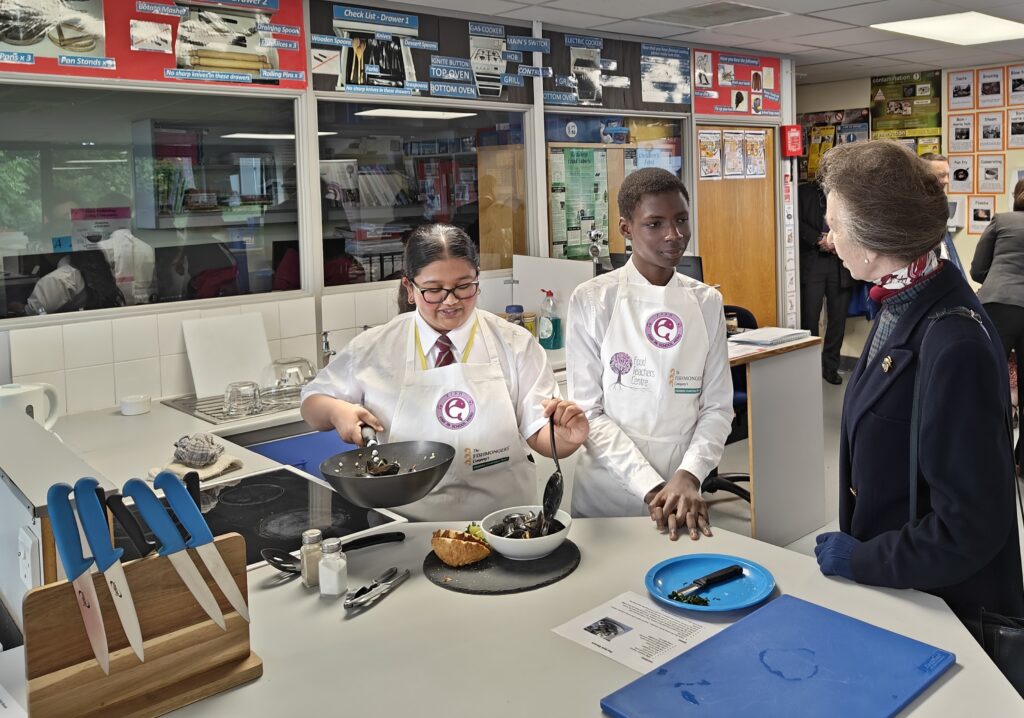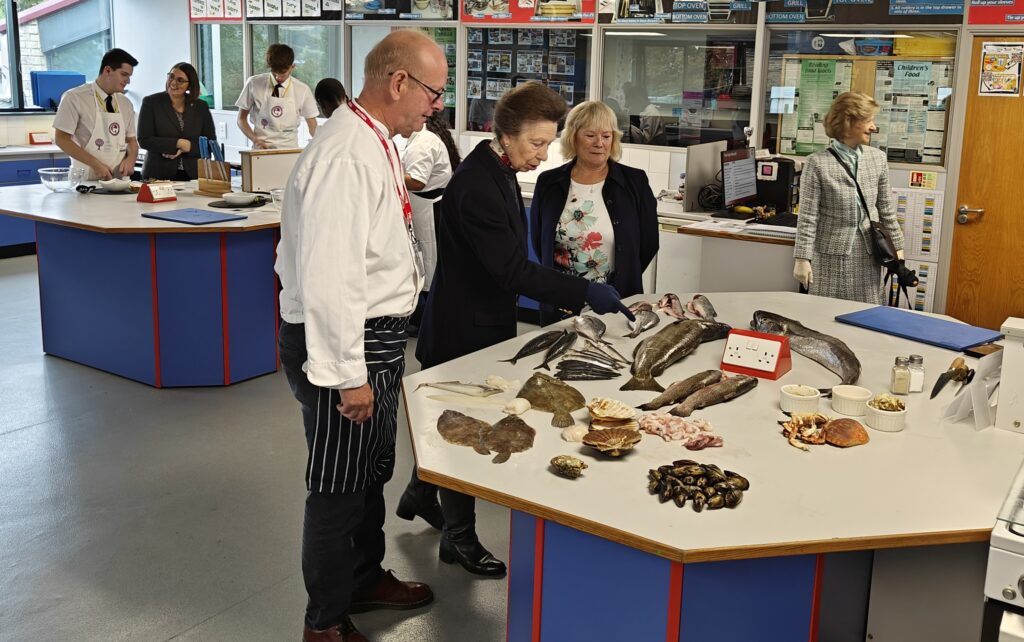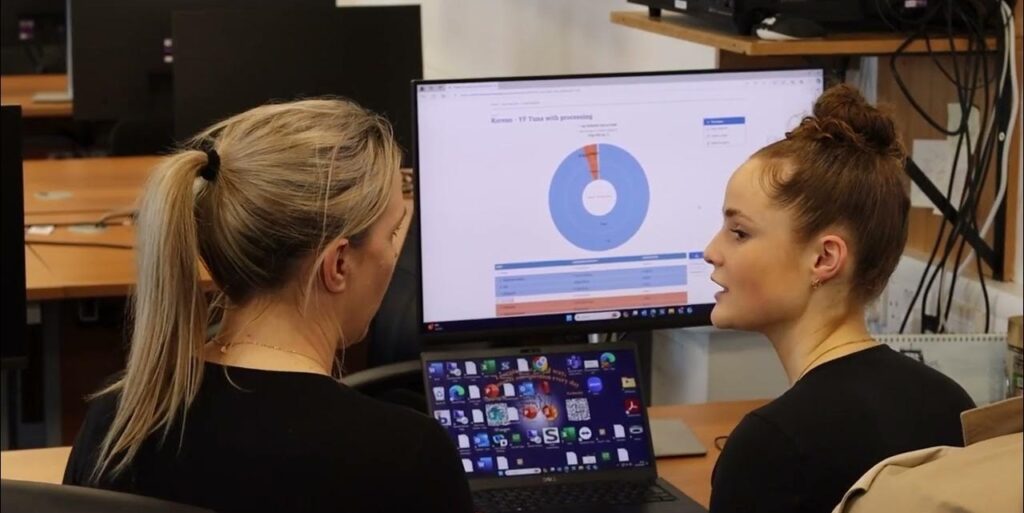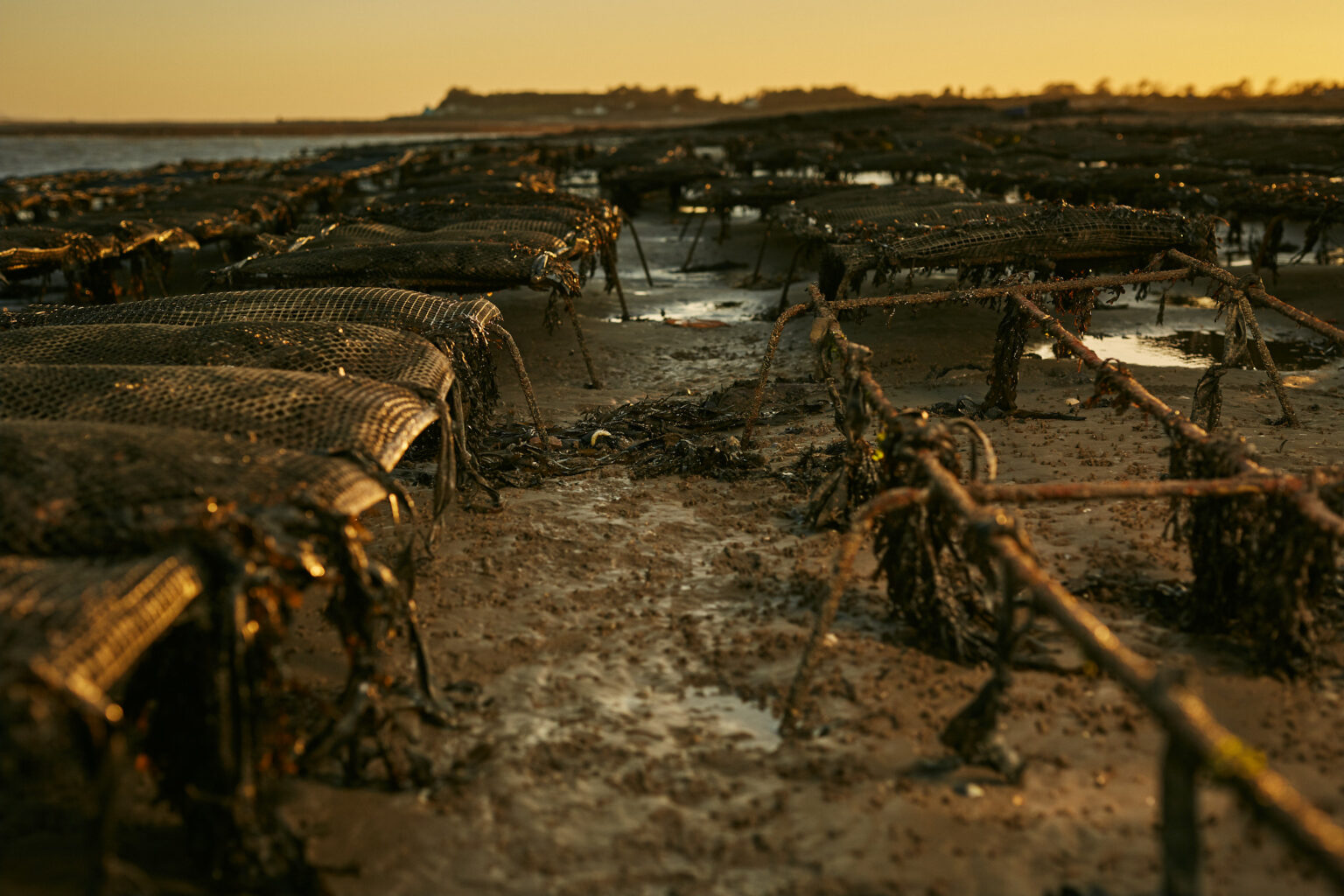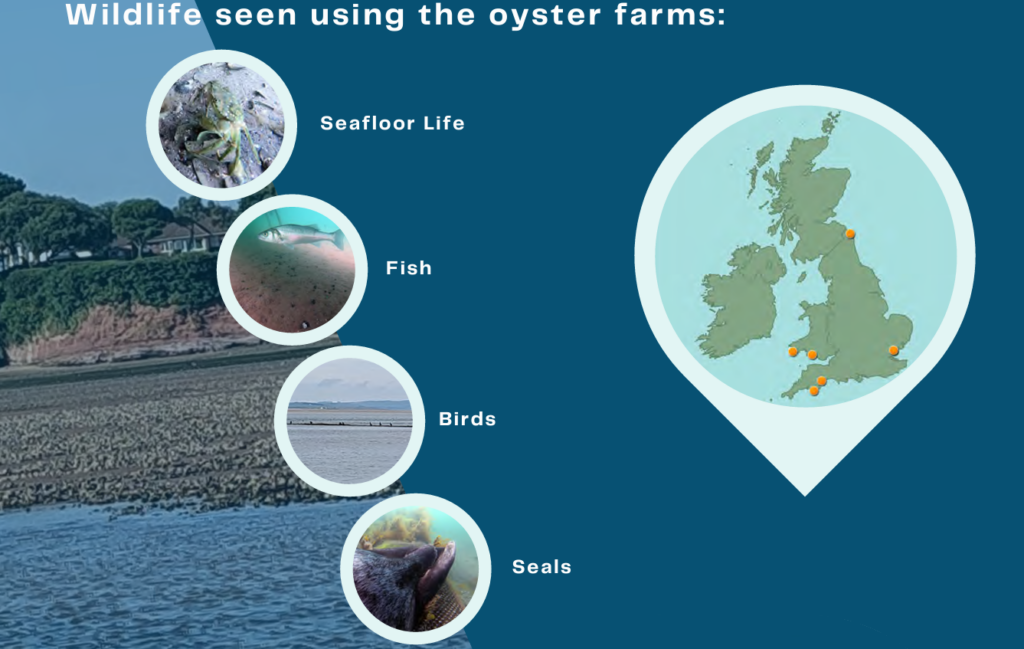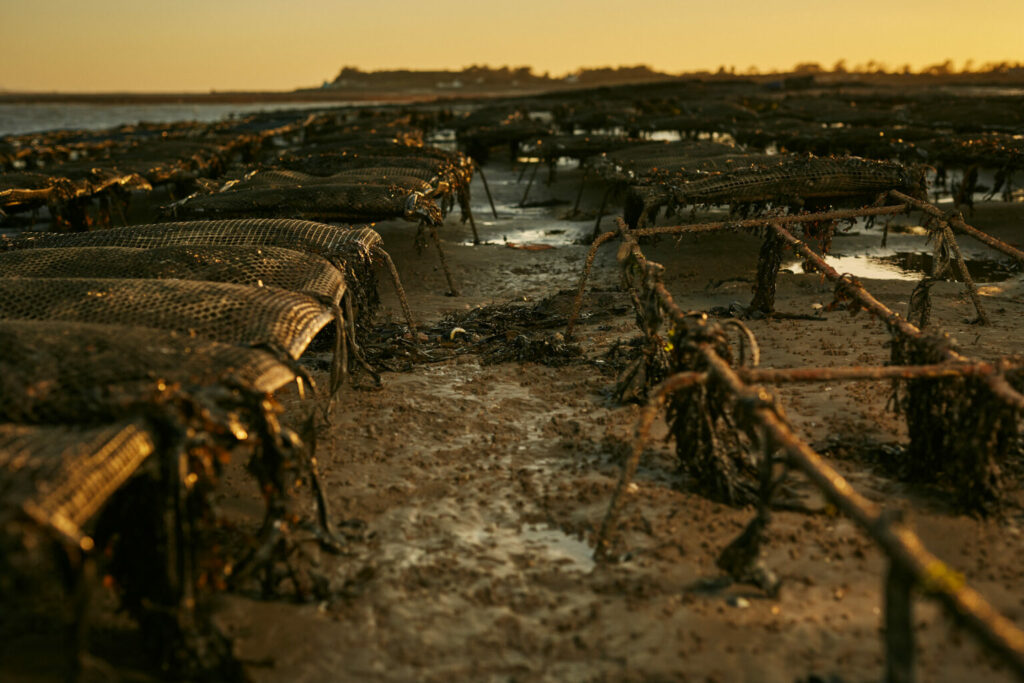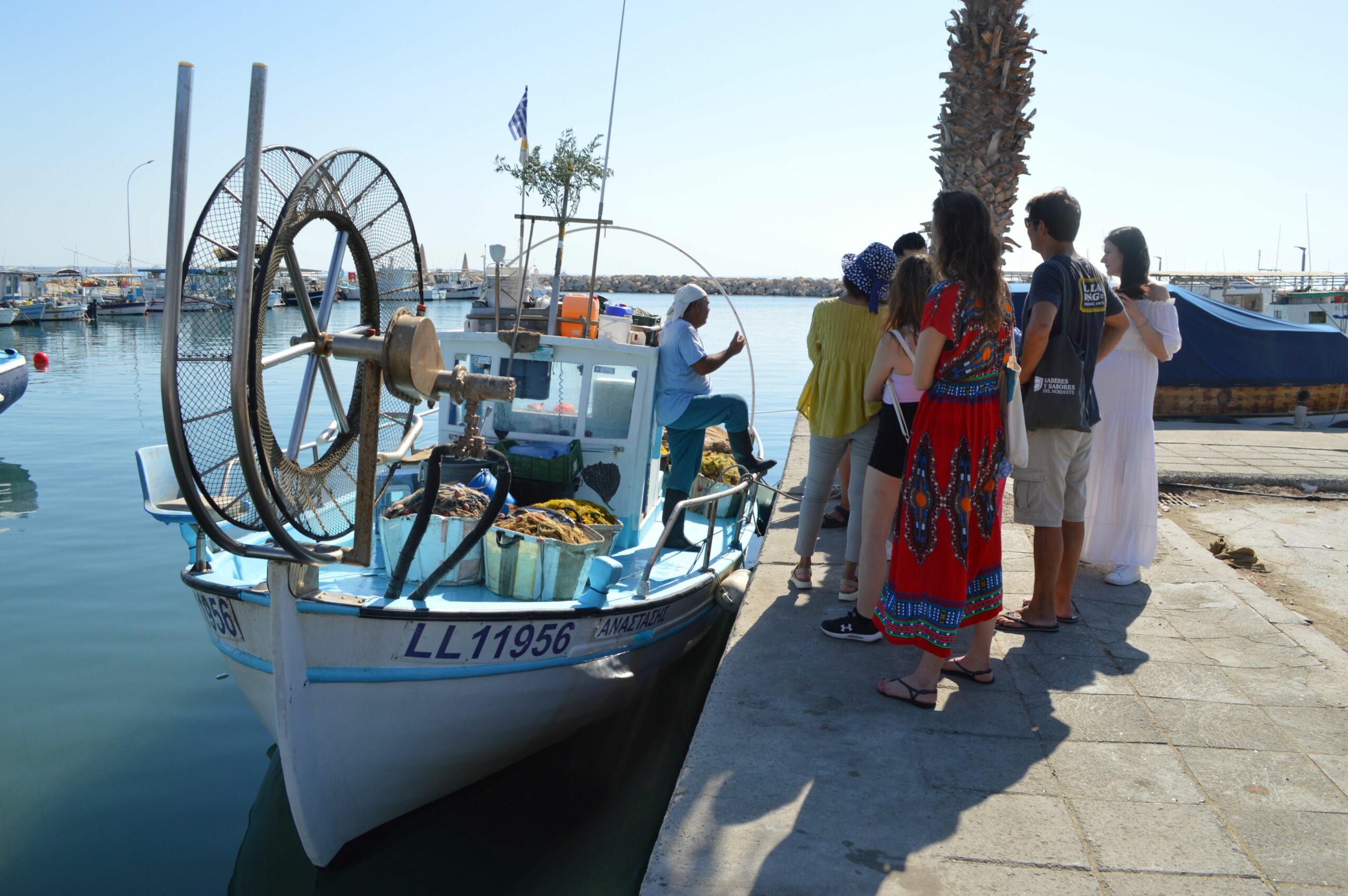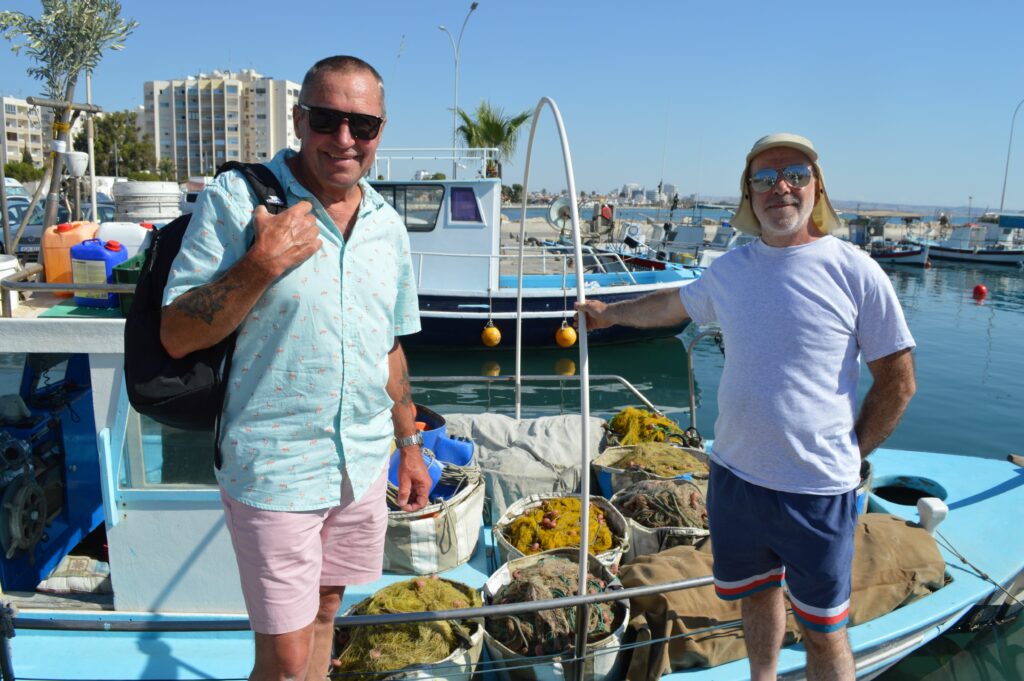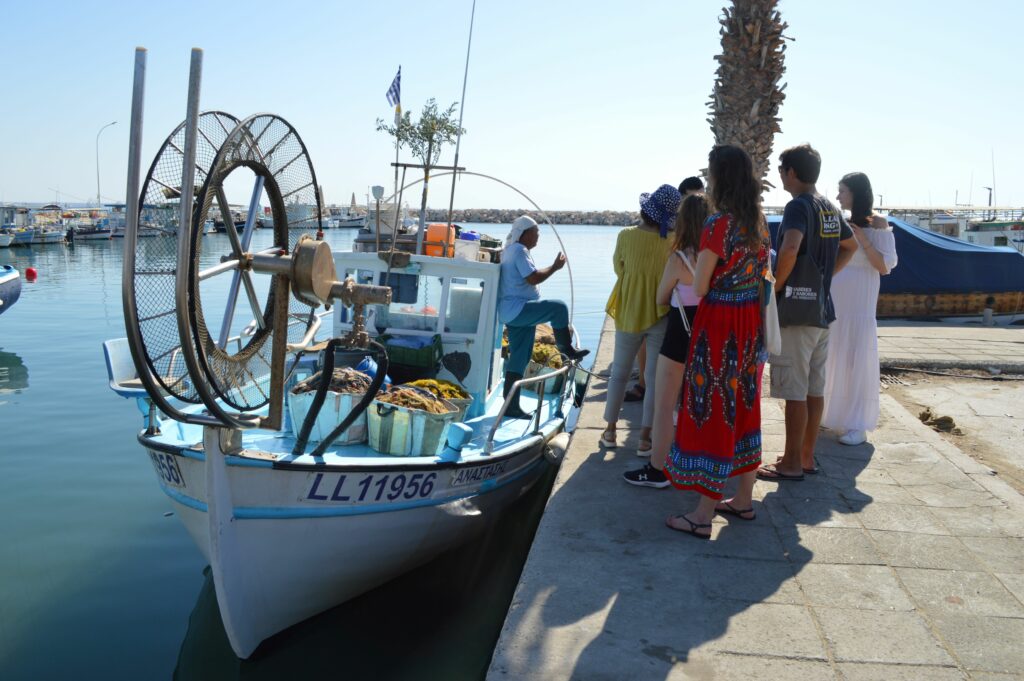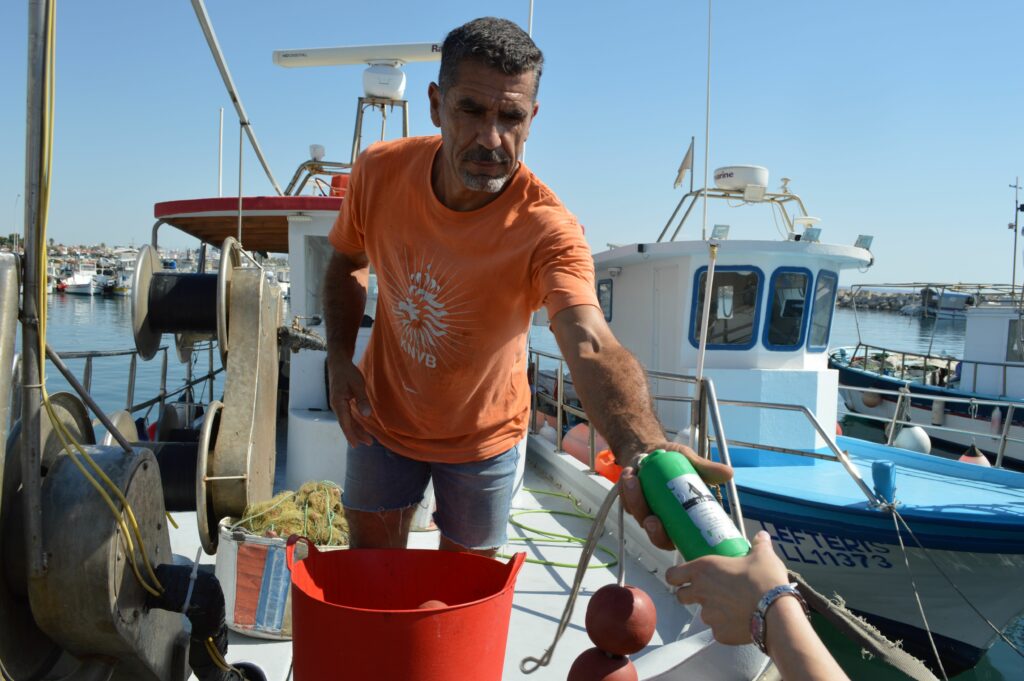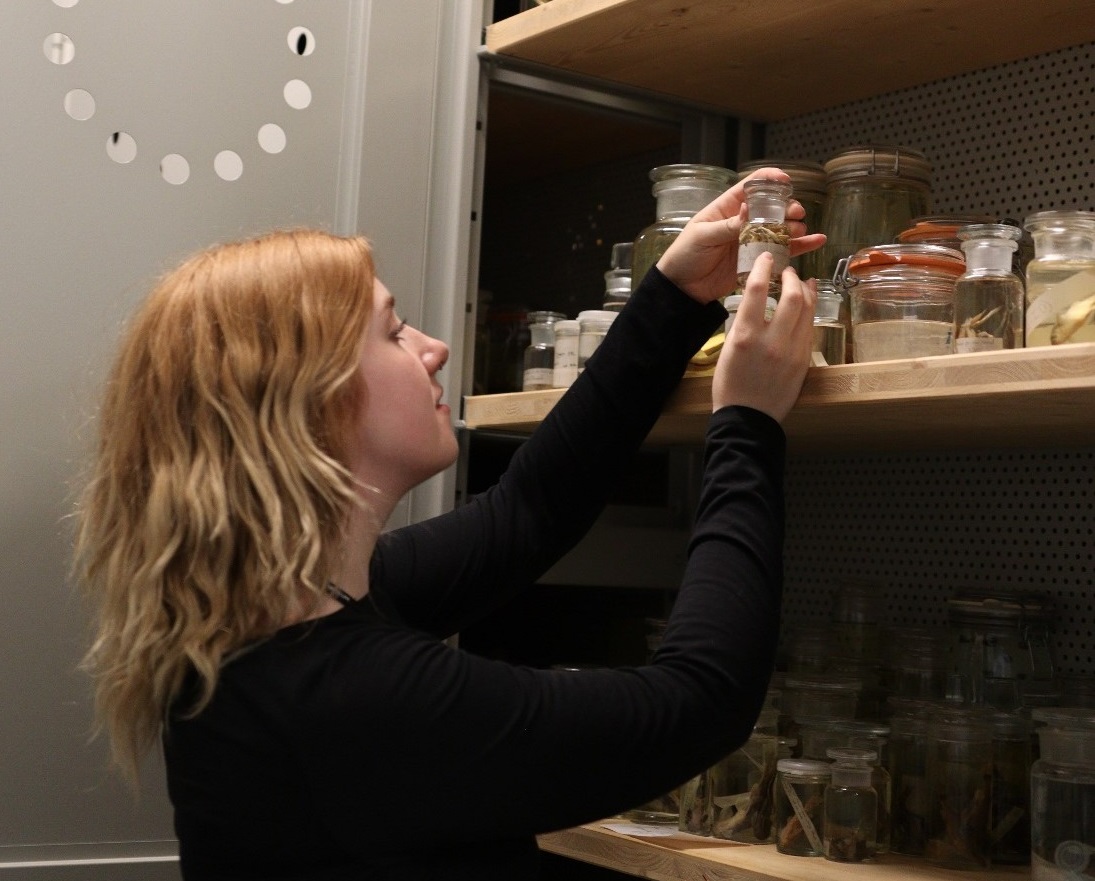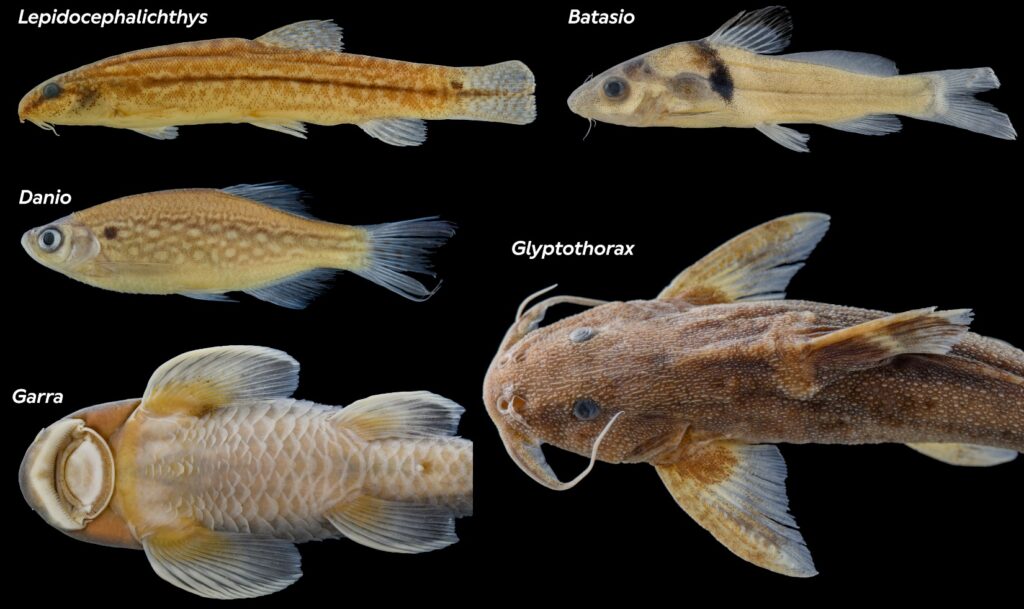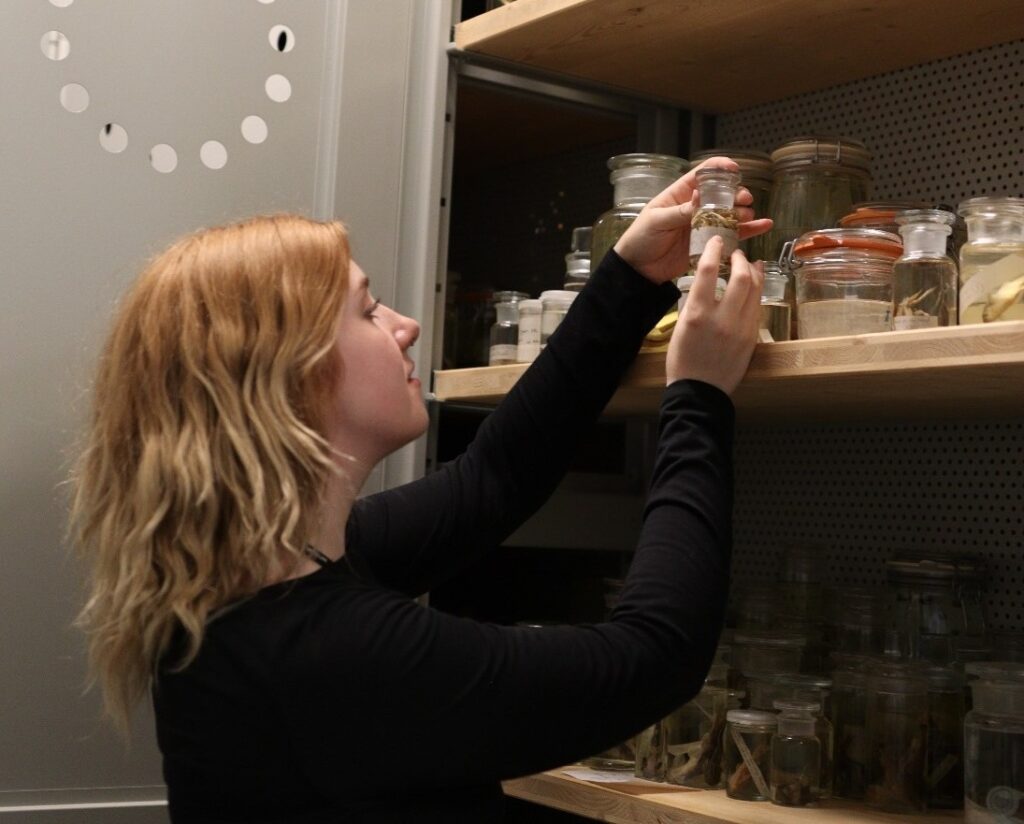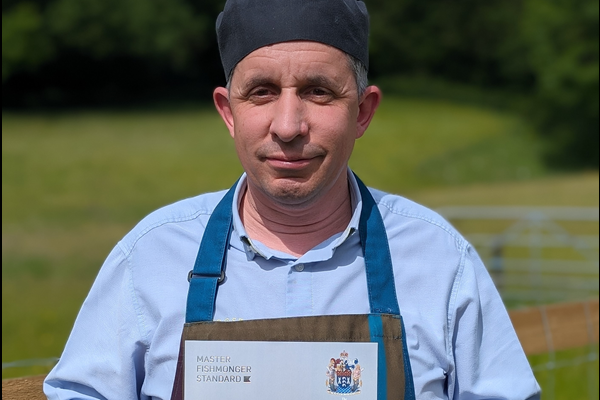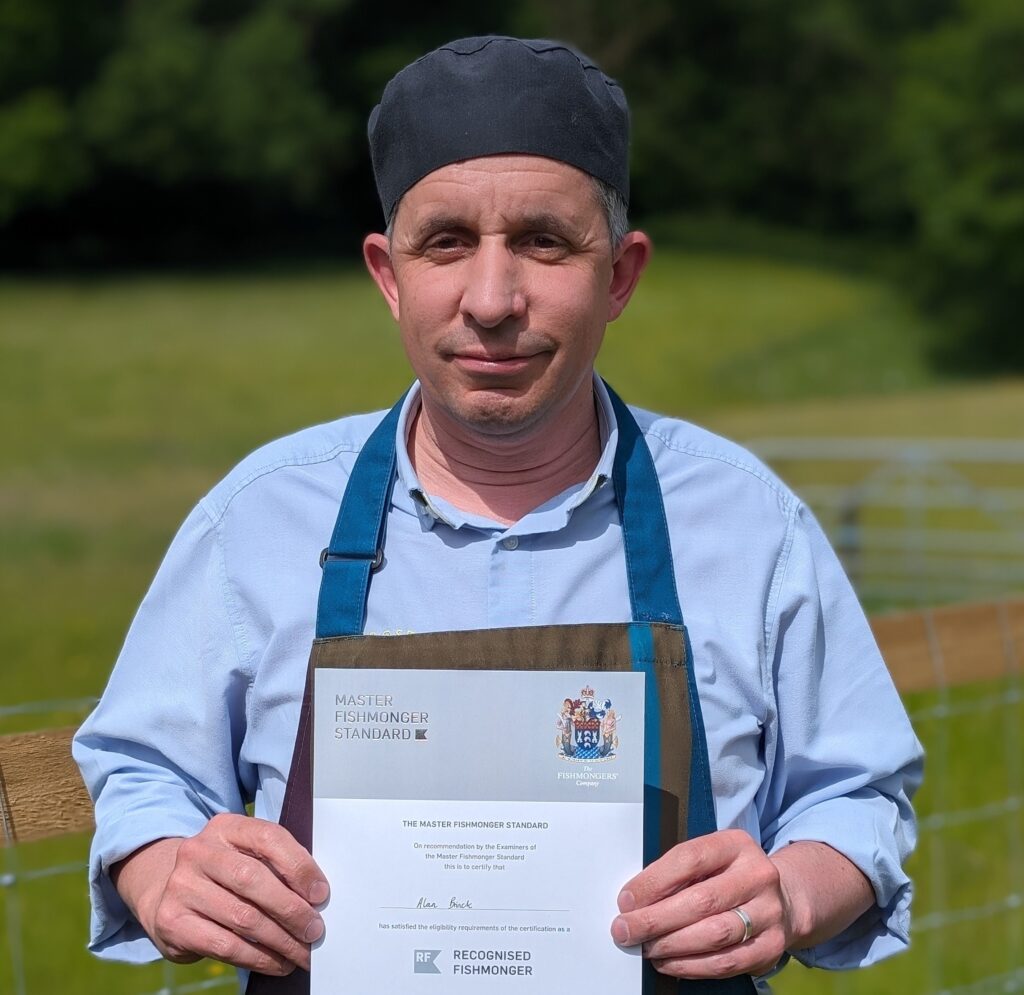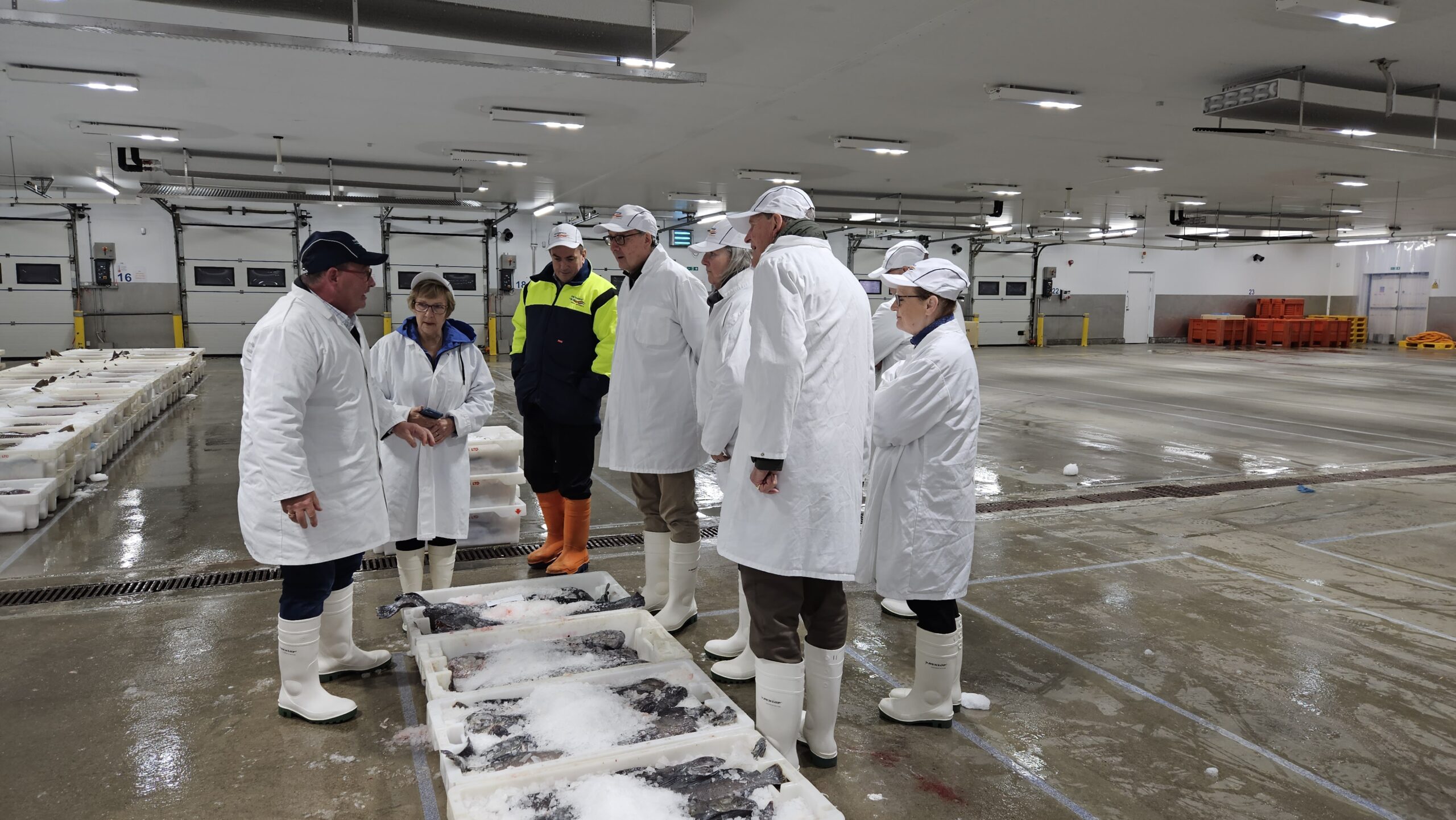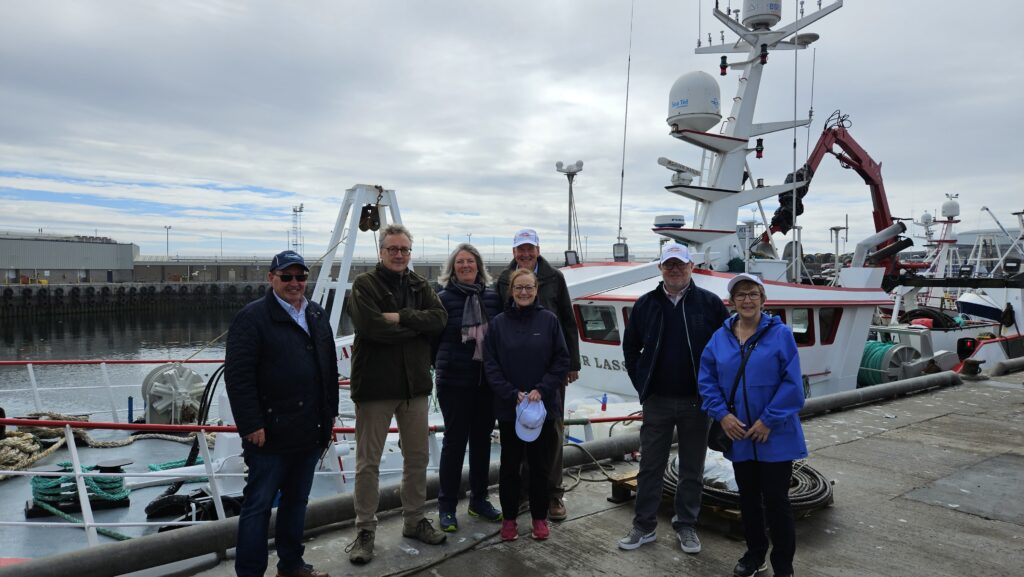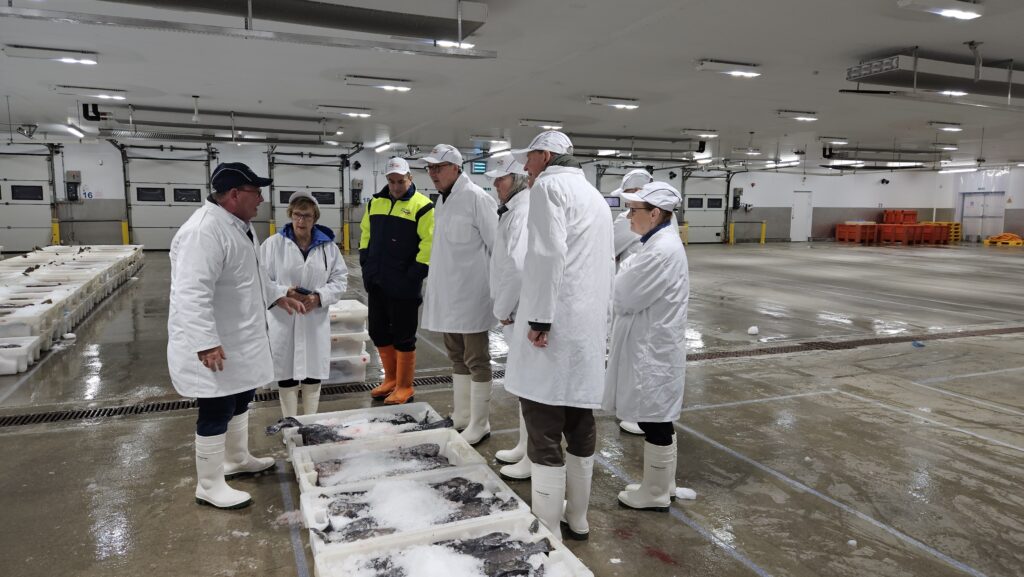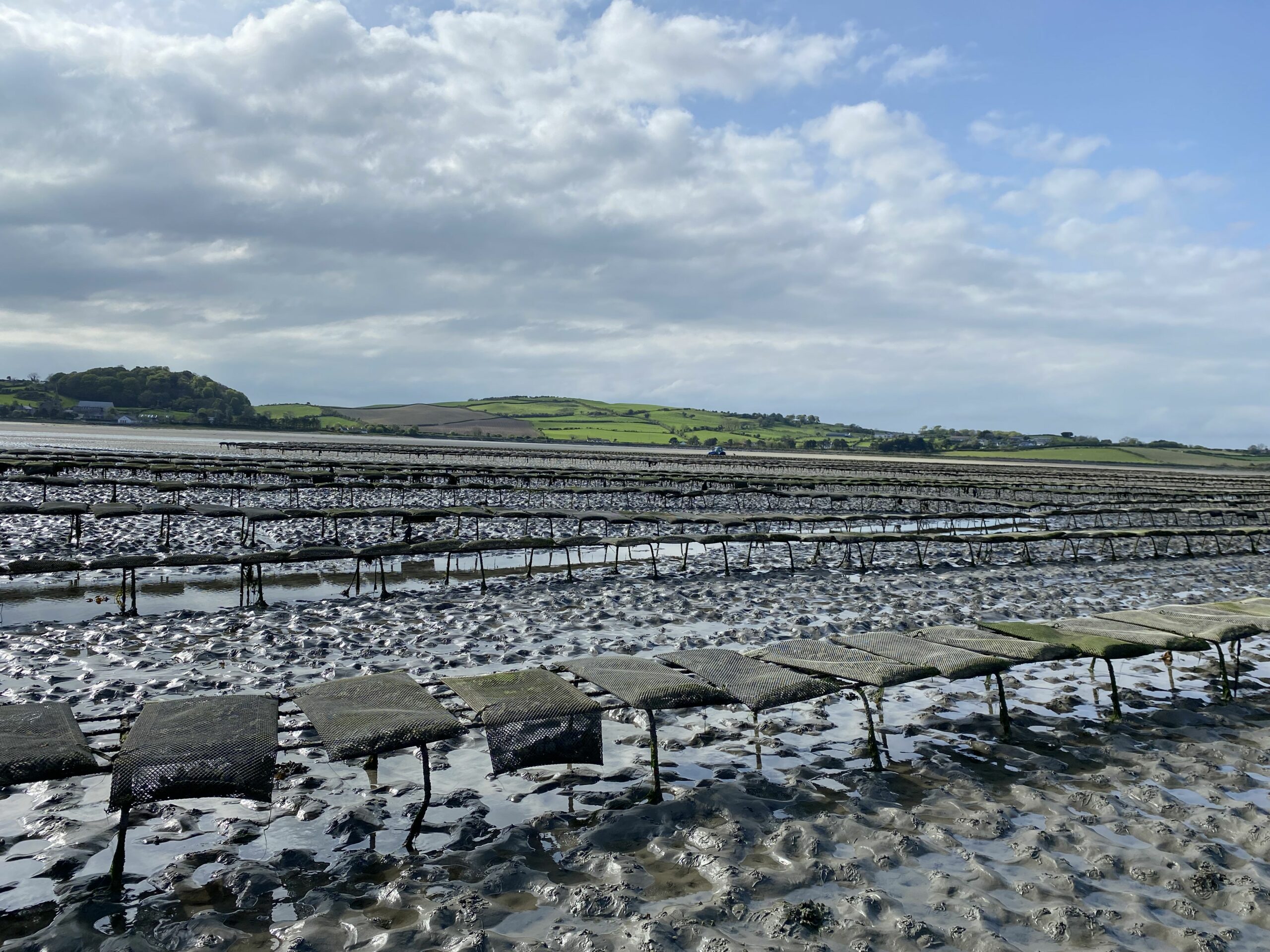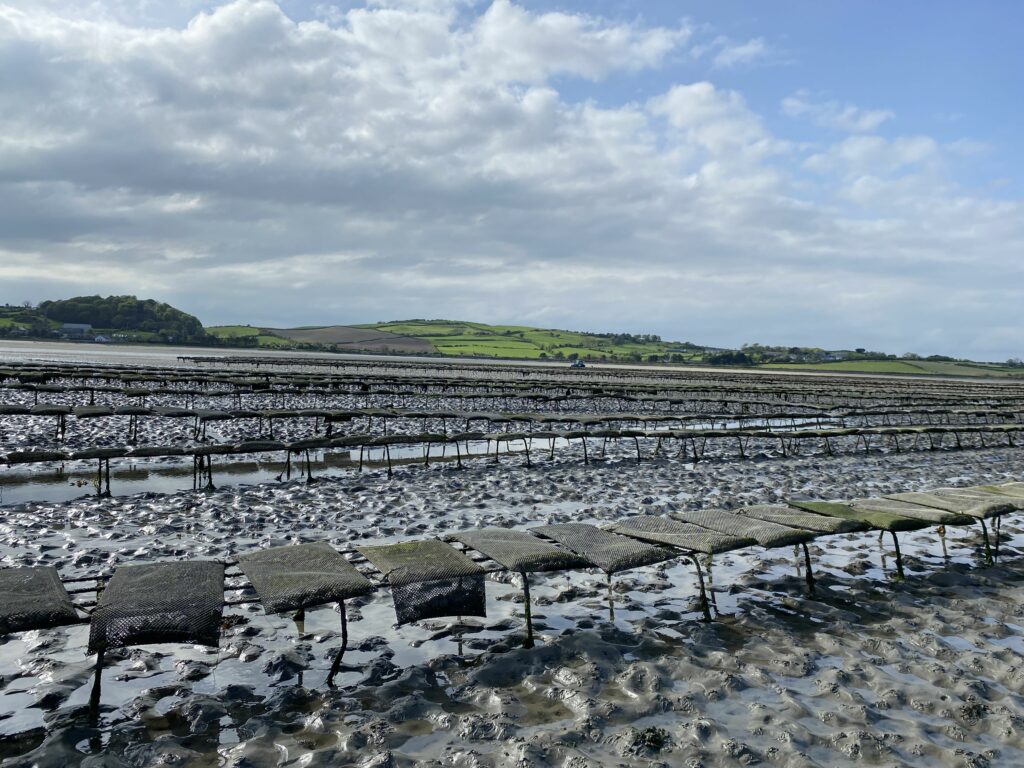The new All Party Parliamentary Group on Fisheries, the secretariat of which is funded by the Company’s Fisheries Charitable Trust, met for their inaugural meeting at 1 Parliament Street on Tuesday (15 October 2024), to elect officers and map out a cross-party work programme to promote and support a sustainable and thriving UK fishing industry in Parliament.
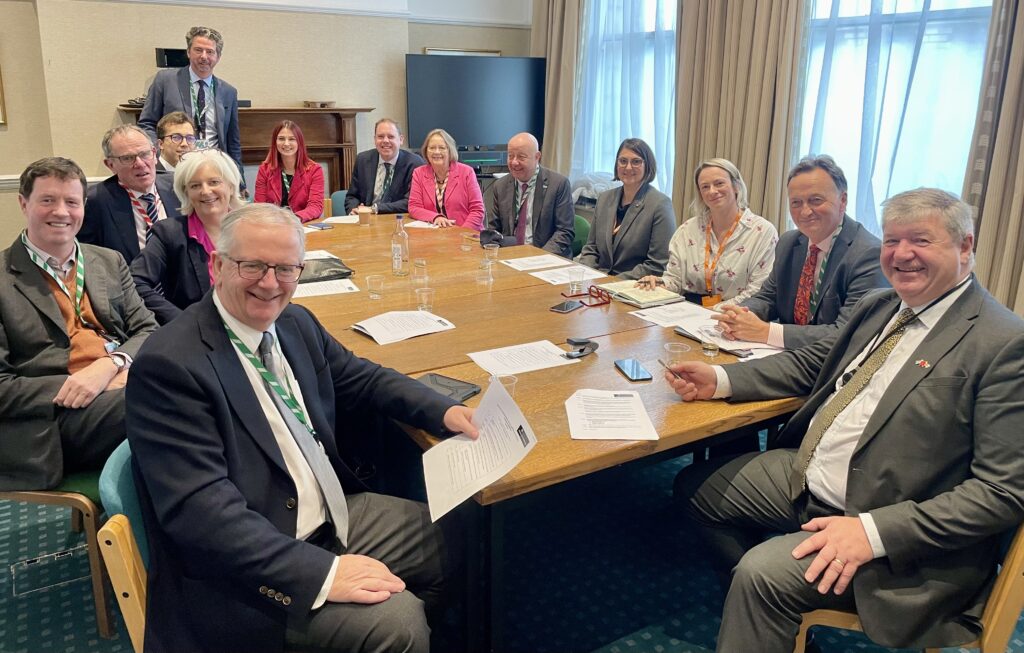
With the Group, which is currently being formalised, comprising 23 Members across both Houses of Parliament, the well-attended meeting heard MPs and Peers discuss key issues and priorities surrounding UK fisheries – from recruitment and the development of offshore renewable energy to upcoming fisheries negotiations, including the fast-approaching 2026 review of the UK-EU Trade and Cooperation Agreement (TCA).
All with strong fishing interests within their constituencies, the Officers elected to the APPG were as follows: Alistair Carmichael, Liberal Democrat MP for Orkney and Shetland as Chair of the Group, alongside Labour’s Melanie Onn, MP for Great Grimsby and Cleethorpes as Co-Chair, Aberdeenshire North and Moray East MP and SNP spokesperson on Defra, Seamus Logan as Vice-Chair, and Bridlington and The Wolds Conservative MP Charlie Dewhirst as Treasurer.
Recognising the geographically and operationally diverse nature of the UK’s fleets, APPG Members noted the need to ensure representation of the full spectrum of the fishing industry, its various fleet segments and related sectors – from the pelagic, whitefish and inshore fleets to onshore processing, marketing and retail. Several actions were agreed and will be brought forward over the coming months, in support of charting a strategic course for the industry within Parliament.
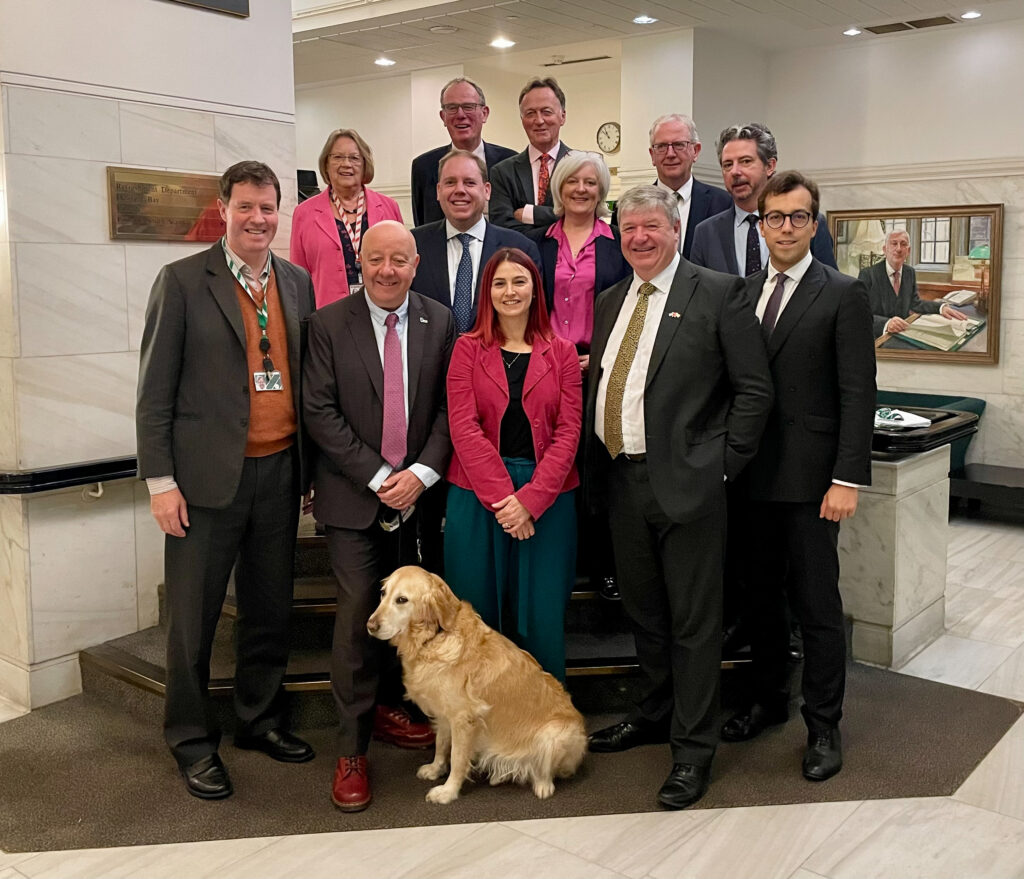
Following the meeting, APPG Chair Alistair Carmichael said, “I am delighted to take on the role of Chair of the APPG on Fisheries. Over the years the APPG has been a focus for important work in Parliament to support our fishing industry and I intend to build on that momentum in the months and years to come. Between issues surrounding space at sea, the ongoing co-development of Fisheries Management Plans and upcoming negotiations that will shape the future of the UK’s fishing industry and fleets, this is a critical moment for fishing in the UK with both challenges and opportunities. With a new government in place there is a chance to reset the narrative and secure useful policy changes for coastal and island communities. Together the Members of the APPG on Fisheries will work to ensure we are best placed to support this within Parliament.”
APPG Co-Chair Melanie Onn added, “The UK’s fishing industry is diverse, and is crucial to many coastal economies. Supporting livelihoods onshore as well as at sea, the processing industry and associated sectors downstream are a vital piece of this picture. With adequate support, including across each of its related sectors, the UK’s fishing industry holds potential in terms of livelihoods, regeneration, and resilience within coastal communities. More than that, the industry has the potential to play a vital role in supporting the nation’s food security and economy.”

